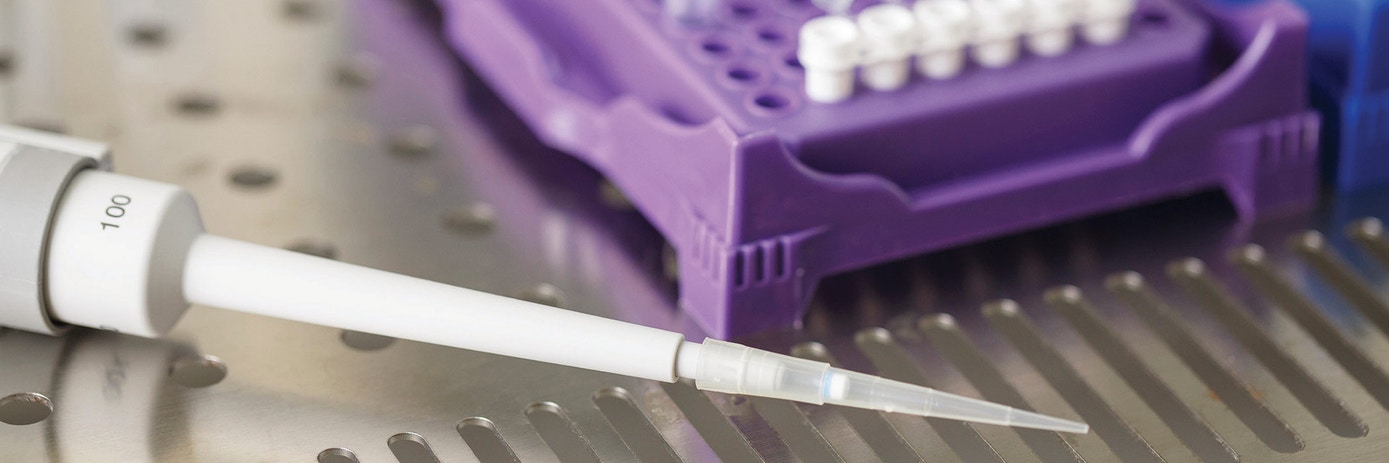

A comparative study of two immunoassay platforms to determine lentivirus titer for CAR-T development
The main vectors of gene therapy in research are viruses. The most popular tool for gene delivery is a genetically modified lentivirus. Modified lentivirus (HIV-1) vectors retain their ability to infect undivided cells, thereby increasing their ability to transduce a wide variety of cells, including those that are difficult to transduce. This advantage enables the stable long-term expression of a transgene.
In immunotherapy, CAR-T cells are manufactured by transducing the CAR gene with an HIV-1 vector in T cells to express a specific chimeric p24 protein on their surface. This allows them to recognize cancer cells and destroy them. These CAR-T cells must be generated individually to treat each patient.
This application note demonstrates a comparative quantification of the p24 titer in a lentiviral GFP control sample using Alliance HIV-1 p24 Antigen ELISA and p24 AlphaLISA immunoassay platforms.
Check out the different sections of this application note:
- A lentiviral vector that encodes the CAR construct
- Determination of the efficiency of transient co-transfection by measuring viral titer
- Detection of the presence of a p24 HIV-1 specific antibody in the sample
- Quantification of targets present in the sample
For research use only. Not for use in diagnostic procedures.
To view the full content please answer a few questions
Download Resource
A comparative study of two immunoassay platforms to determine lentivirus titer for CAR-T development




























